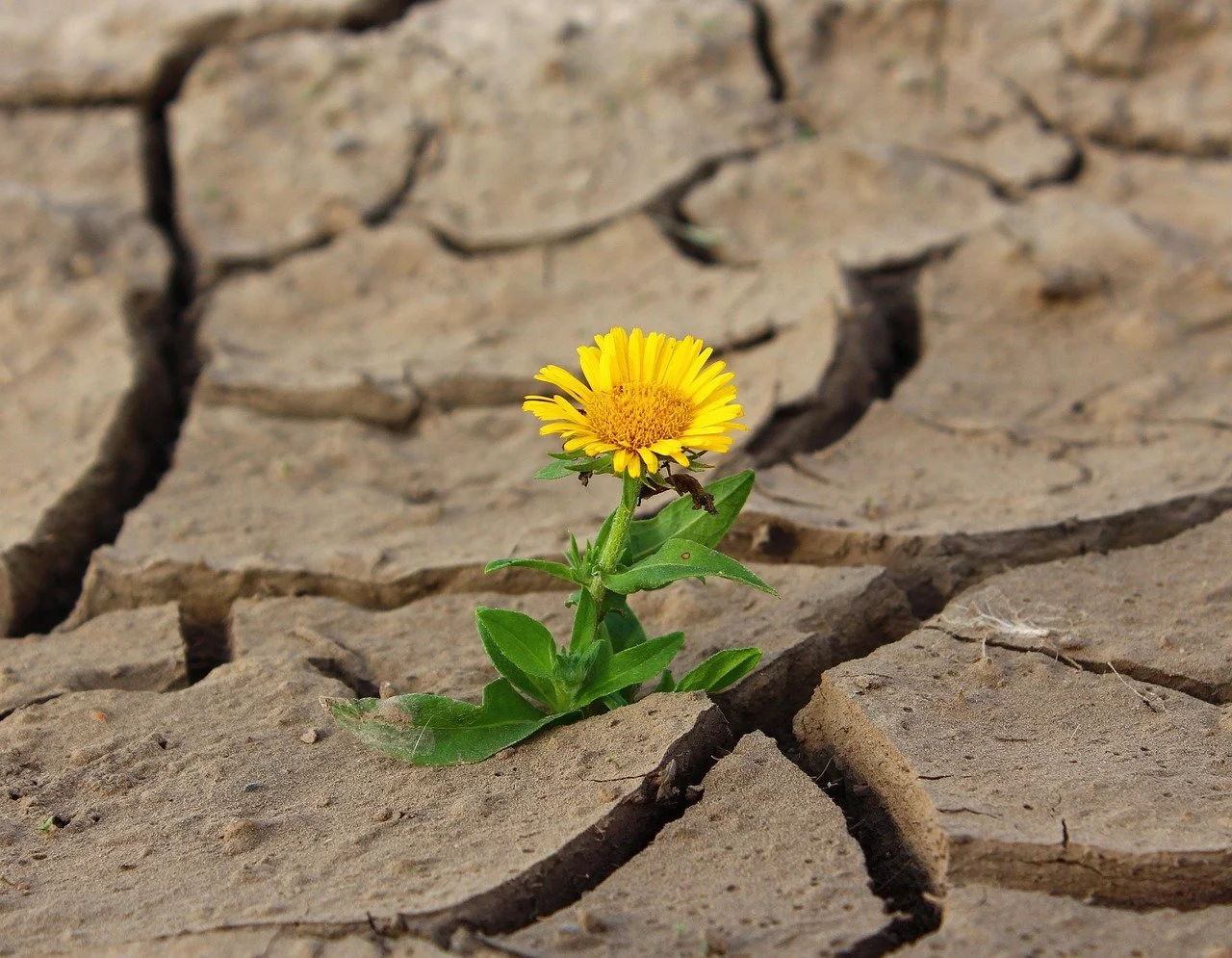September 10 is World Suicide Prevention Day 2025: How Psychiatry and Holistic Wellness Can Save Lives
September 10th is World Suicide Prevention Day. It’s a global initiative that helps bring awareness to a leading cause of death worldwide. According to the CDC, in 2023, more than 49,000 people died from suicide, which is the equivalent of 1 death every 11 minutes.
Moreover, many adults think about or attempt suicide: 12.8 million seriously thought about suicide, 3.7 million made a plan for suicide, and 1.5 million attempted suicide.
And even though suicide rates decreased between 2018 and 2020, they returned to their peak in 2022 following the COVID 19 pandemic.
Despite suicide being a leading cause of death worldwide, it’s preventable. Awareness, compassion, and access to mental health resources are things whose importance cannot be understated when it comes to suicide prevention. However, awareness is only the first step. Equally important is knowing what steps we can take to support those at risk and prevent suicide before it happens.
Understanding Suicide and Mental Health
Conversations about suicide can be difficult, but they are necesary. One harmful myth is that discussing suicide makes it more likely to happen. Rather, open conversations can provide relief and connection for the person struggling. It can help them feel supported and seen, and motivate them to get help.
There are risk factors that can make people more likely to attempt suicide, including:
Depression
Trauma
Isolation
Chronic stress
Substance abuse
There are also factors that can act as a protective barrier, including:
Supportive relationships from friends and family
Access to quality mental healthcare
Having coping skills and the ability to emotionally regulate
Having hope and a sense of purpose for the future
By normalizing conversations around suicide and mental health, we can help eliminate shame and stigma, creating space for those struggling to seek help and start healing.
The Role of Psychiatry in Suicide Prevention
Psychiatry can be a key component in suicide prevention. It is not only about crisis intervention, but also treating the underlying conditions that cause individuals to struggle.
Psychiatrists are medical providers who can evaluate and treat mental health conditions that may increase suicide risk, such as depression, bipolar disorder, ADHD, or PTSD. Through medication management, they can help regulate mood, reduce symptoms, and provide stability in everyday life.
Early intervention and personalized treatment plans are mission critical for suicidal individuals, and psychiatry plays a central role in this process. Thorough assessments, evidence-based therapies, and medication management can address the complex interplay of biological, psychological, and social factors that contribute to suicidal thoughts and ideations.
At Mae Mental Wellness, each treatment plan is tailored to the individual patient, and adjusted along the way if needed. Virtual psychiatry makes this care more accessible and less intimidating to people who may not otherwise seek help.
Holistic Approaches to Support Mental Wellness
Mental wellness isn’t just about managing symptoms; it’s about creating resilience and the ability to emotionally regulate in the face of challenges in everyday life. At Mae Mental Wellness, we integrate holistic wellness practices alongside psychiatry.
Holistic strategies we integrate into our practice include:
Mindfulness and meditation practices
Lifestyle support such encouraging sleep hygiene, movement, and nutrition
Stress management techniques
These practices can strengthen protective factors and empower individuals to take an active role in their own well-being. Combining psychiatry with whole-person care can help create a sustainable foundation for healing and overall wellbeing.
How We Can All Play a Role in Suicide Prevention
Suicide prevention is a shared responsibility, and even small actions can make a meaningful difference. Practical ways to support someone who may be suffering include:
Recognize the warning signs: Look for changes in mood, social withdrawal, expressions of hopelessness, or frequent talk about death.
Ask directly and listen without judgment: Sometimes the most powerful step is creating space for an honest conversation.
Encourage professional support: Share resources or offer to help connect them with a mental health provider.
Stay connected: Regular check-ins, even a simple text, can remind someone they are not alone.
Talking openly about mental health not only reduces stigma but can also save lives. Each conversation is an opportunity to offer hope and support.
Resources and Getting Help
If you or someone you love is in crisis, you are not alone. Help is available right now:
988 Suicide & Crisis Lifeline: Call or text 988 for immediate, 24/7 support.
Crisis Text Line: Text HOME to 741741 to connect with a crisis counselor.
911 Emergency Services: Call 911 if there is immediate danger.
For ongoing support, consider reaching out to a practice like Mae Mental Wellness. At Mae Mental Wellness, we provide virtual, accessible, and compassionate care that combines psychiatry with holistic mental wellness strategies, helping individuals move beyond survival toward thriving
Final Thoughts
World Suicide Prevention Day is more than a day on the calendar, it’s a reminder that life is precious and worth protecting. Suicide is preventable, healing is possible, and hope is within reach.
To book an appointment at Mae Mental Wellness, you can fill out this form or call (561) 231-0233. Learn more about services we offer and which insurance we accept.


